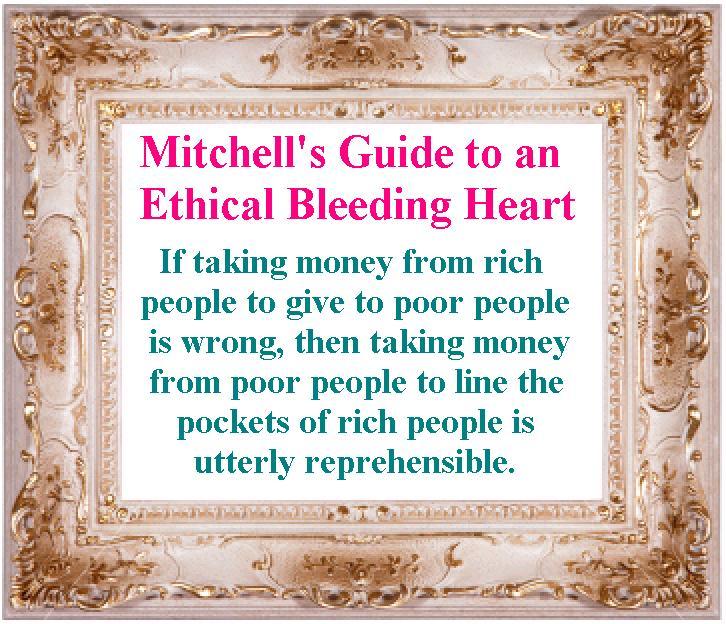Redistribution is bad economic policy.
As the great Thomas Sowell observed, the people who finance redistribution are hurt because they get taxed for working and producing. And the people on the receiving end often are hurt because they get lured into dependency.
But not all forms of redistribution are equally bad.
For instance, I don’t like America’s welfare state, which redistributes from the rich to the poor.
But I utterly despise government programs that redistribute from the poor to the rich (such as the Export-Import Bank, the National Endowment for the Arts, bailouts for student loan deadbeats, ethanol subsidies, etc).
Amazingly, some politicians even want to subsidize millionaires and billionaires. It’s happening in my state!
Sarah Rankin of the Associated Press summarizes a sweetheart deal that Virginia politicians have prepared for the local NFL team (formerly the Redskins, now the Commanders).
Virginia lawmakers are advancing a measure intended to lure the Washington Commanders to the state by allowing the NFL team to forgo what could be $1 billion or more in future tax payments to help finance a potential new football stadium. The move…is intended to help Virginia secure its first major pro sports franchise. …“They’re going to go someplace. Absent some kind of incentive, they’re likely not to be here,” Tray Adams, a lobbyist representing the team, told a panel considering the legislation. …The House and Senate passed differing versions of the measure this month with broad bipartisan support… Both versions of the legislation would create a Virginia Football Stadium Authority tasked with financing the construction of a stadium and related facilities. The nine-member authority would be allowed to issue bonds, then recapture certain tax revenues to pay down that debt. …Virginia’s newly inaugurated Republican governor, Glenn Youngkin, seemed to throw support to the idea… In an interview with the AP, Youngkin said he hoped he and the Legislature could reach agreement on a bill that would “best reflect the interests of Virginia taxpayers and hopefully bring the Washington Commanders to Virginia.”
As a Virginia taxpayer, I can assure the Governor that it’s not in my interest if I have to pay taxes while millionaire players and a billionaire owner get a sweetheart deal.
In a column for the Washington Times, Michael Farren and John Mozena explain why taxpayers are the big losers when politicians subsidize sports stadiums.
Proving that bipartisan ideas can be just as bad as those cooked up by a single party, legislation just passed in both the Virginia House and Senate to create a “Virginia Football Stadium Authority” — a government entity that would fund construction of a new stadium… Here’s what most people don’t understand about Virginia’s multibillion-dollar proposal: …it looks like nearly all taxes — sales, corporate income and personal income — collected at the stadium and entertainment complex will go to the stadium authority, not Richmond. The stadium authority then funnels the tax revenue back to the team, meaning the legislation creates a miniature tax haven for the team owners. In other words, ..other Virginia residents and businesses will have to compensate for the fact that the Commanders will pay almost nothing at all. …three leading sports economists — J.C. Bradbury, Dennis Coates and Brad Humphreys — just threw a penalty flag. Their recent research summarizes more than 120 academic studies from the past 30 years regarding the effects of stadium subsidies… “The large subsidies commonly devoted to constructing professional sports venues are not justified as worthwhile public investments.” That confirms the results of a University of Chicago survey of some of the nation’s leading economists, including seven Nobel Laureates. The consensus was that subsidies cost communities more than they deliver in economic benefits. Only 4% disagreed. …Maybe a better team name would be the Washington Tax Demanders.
For what it’s worth, I think the Washington Leeches would have been the best name. And I’ve thought that ever since I moved to Virginia in the 1980s.
Though I confess that’s simply because so many member’s of D.C.’s parasite class root for the team.
But I’m digressing. The message of today’s column is that cronyism is bad, but the worst kind of cronyism is upside-down redistributionism that gives special preferences to the rich and powerful.
———
Image credit: HansBruckmann | Pixabay License.




